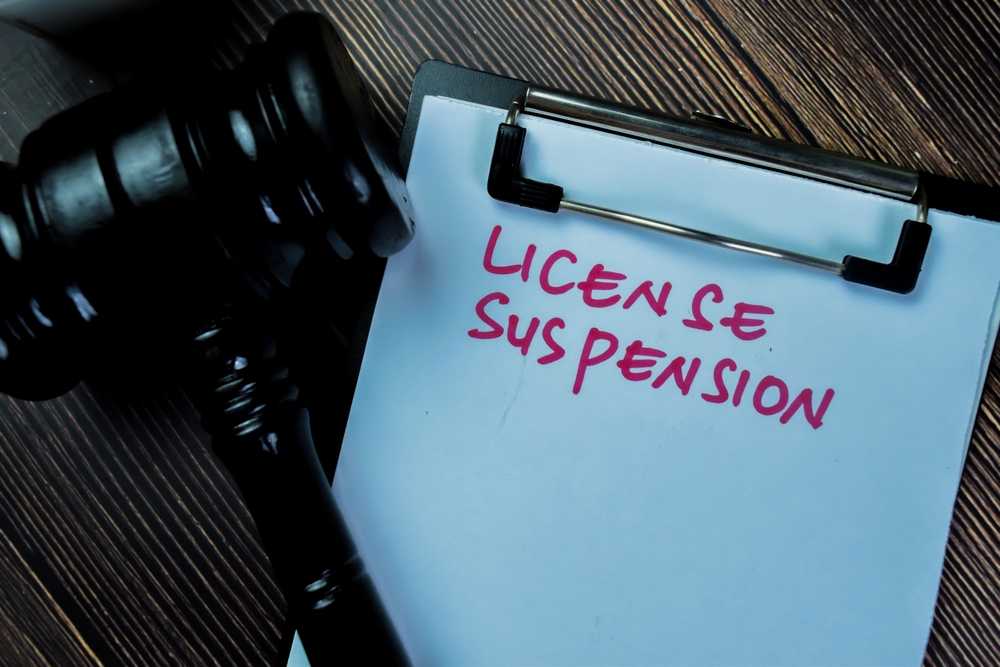
July 18, 2025 Last Updated: October 16, 2025 by Anthony Riccio
According to the Massachusetts Department of Transportation, hundreds of OUI-related crashes occur each year, many of these lead to serious criminal charges. If you’ve been charged with OUI after a car accident in Massachusetts, it’s essential to know this isn’t just a traffic matter. You may face criminal penalties, a suspended license, and consequences that could affect your job, driving record, and future.
This guide explains what an OUI charge means after a crash, what to do immediately, and what to expect in the legal process.
Before looking at penalties and defense, it’s important to understand how the law treats these cases.
In Massachusetts, operating under the influence refers to driving while impaired by alcohol, drugs, or both. Any arrest of this type is serious, and the stakes are higher when an accident occurs. A drunk driving offense that results in injury, death, or property damage may bring enhanced penalties or even felony charges.
Under Massachusetts General Laws Chapter 90, § 24, an OUI after a crash may trigger more than just a routine impaired driving charge. It could lead to charges such as OUI causing serious bodily injury or vehicular homicide.
The law also applies to impairment from prescription medications or drugs, not just alcohol. Police may use field sobriety tests, chemical tests, and accident investigations to build their case.
Knowing what to do in the moments following a charge can greatly affect your defense.
Stay calm at the scene and cooperate with first responders, but avoid admitting fault or impairment. Anything you say can be used against you. You have the right to remain silent and request an attorney.
If arrested, you’ll be taken to the police station for booking, which includes fingerprinting, photographs, and possibly a chemical test.
Drivers in the Commonwealth give implied consent to testing if arrested for OUI. Refusing these tests after an accident may trigger an automatic license suspension by the RMV.
It’s also wise to record what happened while fresh in your memory like road hazards, vehicle issues, or irregularities in test procedures.

Legal consequences depend heavily on the circumstances of the crash.
The penalties for a collision connected to substance use vary with injury, property damage, or death. A case involving serious bodily injury may be classified as a felony with up to 10 years in prison. Even without injuries, you could face up to 2.5 years in jail, thousands in fines, and a suspension lasting from 45 days to several years.
According to the RMV, drivers who refuse a breathalyzer after an accident face a minimum 180-day suspension even before the case reaches court.
A conviction may also impact insurance rates, employment, and certain professional licenses.
Administrative penalties often run alongside the criminal case.
The Massachusetts RMV can suspend your license even before trial. Refusing a chemical test may result in:
You typically have 15 days to request a hearing to contest this suspension.
The RMV’s process is separate from criminal court, but both affect your right to drive.
A defense strategy should be tailored to the facts of the accident.
Your attorney may argue:
In Commonwealth v. Hallinan, the court emphasized that warrantless blood draws without exigent circumstances may violate rights.
If prescription medication was involved and taken as directed, that may also support a valid defense.
An OUI after a car accident in Massachusetts moves through multiple court stages.
Depending on your record, you may qualify for a hardship license or be ordered to attend an alcohol education program.

Here’s how administrative and criminal penalties compare:
|
Consequence Type |
Description |
Trigger |
| RMV Suspension | Immediate, before court ruling | Refusal of breathalyzer or blood test |
| Criminal Charges | Jail time, fines, probation | Based on BAC and accident severity |
| License Suspension | Court-ordered upon conviction | Severity and prior OUI record |
| Hardship License Option | Conditional reinstatement | Available after part of suspension served |
| Ignition Interlock | Mandatory for repeat offenders | Court discretion or requirement |
Stay calm, avoid discussing fault with police, ask for a lawyer, and write down everything you remember while fresh.
Yes. Under implied consent law, refusing leads to an automatic suspension—even before trial.
It may be a felony in Massachusetts with prison time, higher fines, and lasting consequences.
Yes. Sobriety tests can be challenged if performed incorrectly, in poor conditions, or affected by health issues.
You may qualify for a hardship license to drive for work or school, depending on your record and compliance.
Even prescribed medication can lead to an impaired driving charge if it affects your ability to operate safely, though it may form part of a medical defense.
An OUI after a car accident in Massachusetts is not a routine traffic violation, it’s a criminal charge with life-changing potential. Acting quickly, knowing your rights, and building a defense strategy is critical.
While each case depends on its facts, understanding both court and RMV processes helps you stay prepared.
If you’ve been charged, Riccio Law offers consultations to explain your options and next steps. You don’t have to face this alone. Contact us today for trusted legal guidance.